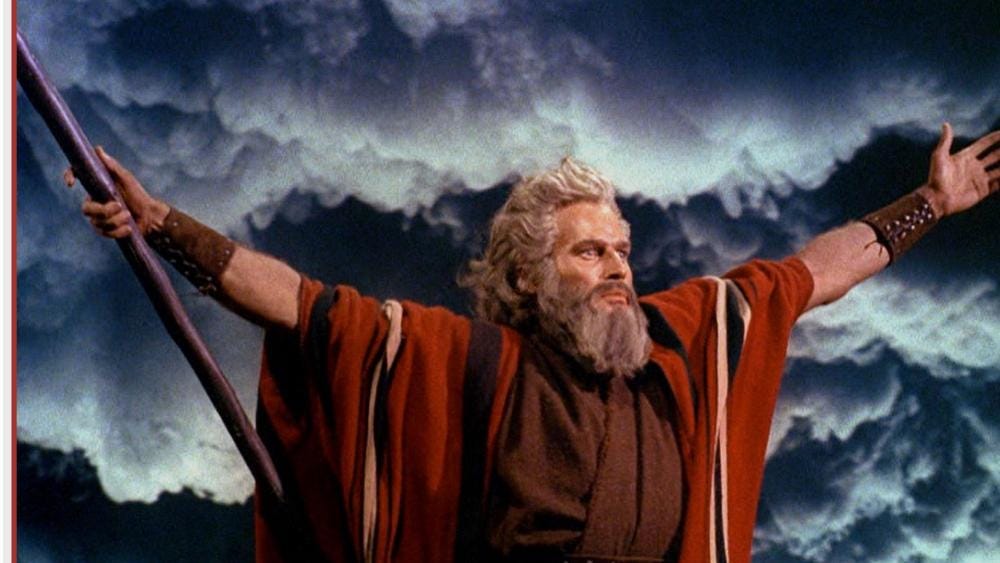The Book of Exodus presents God as a holy-Other creator and incomprehensible divine being; yet God is also described as an immanent caretaker—a God who suffers with creation.
In my reading of the Exodus narrative, we might reconcile these two realities by examining: 1) God’s divine action, and 2) the extent to which God relates to Moses and Israel and, in return, acts through them.
At times, God gives Moses (or Aaron) instructions to enact the plagues over Egypt ( Exodus 7:20; 8:5-6, 16; 9:22). Other times, however, God acts without requiring a human agent (Exodus 9:1-7; 12:29). This is fairly straightforward: sometimes divine action happens without human effort, and other times it is made “necessary.” While all divine action is done by the power of God, there is a synergistic view of the human and divine being articulated by the Exodus narrative.
When we see God at work in the book of Exodus, the cooperation between God and creation cannot be overlooked. However, a deeper analysis of God’s motivations for working alongside creation rather than only working over (beyond) creation deserves a longer treatment.
Let me explain:
Keep reading with a 7-day free trial
Subscribe to This Common Life to keep reading this post and get 7 days of free access to the full post archives.





